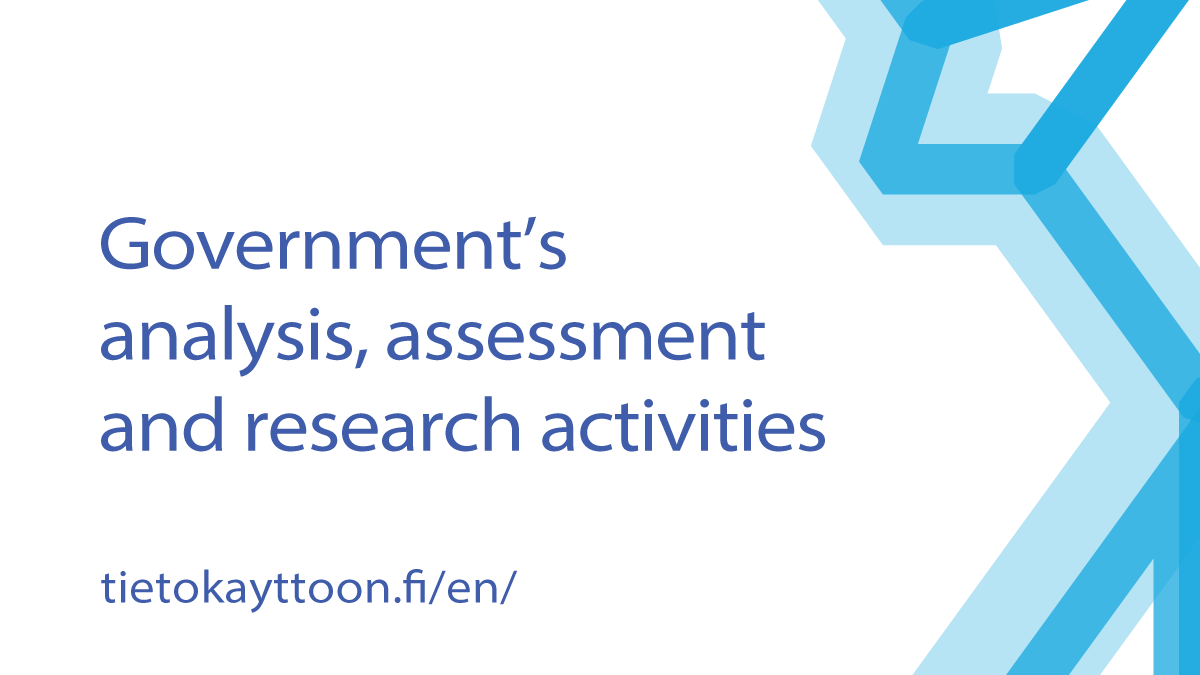Study: Technology is an integral part of Russia’s great power ambitions

A new study argues that Russia has geared its scientific and technological knowhow towards the unfolding great power competition. During the last decade Russia has sought to restore its scientific and technological prowess through various new strategies, programs and plans in order to regain its sovereign status as a great power.
According to the report, Russia perceives itself as a part of an ongoing international struggle for technological supremacy. Russia’s science, technology and innovation strategy relies on pooling its limited resources towards its traditional strengths, such as nuclear technology, in addition to selected emerging technologies with national security relevance, such as quantum computing and artificial intelligence.
“Russia’s National Innovation System is based on three S’s: state control, sovereignty and self-sufficiency”, describes leading researcher Sinikukka Saari.
Russia has sought to increase its technological sovereignty by controlling strategic sectors and advancing import substitution policies that aim to limit the degree of dependence on foreign technology. From a Russian point of view, its state-led approach to technology development provides a relative advantage in contrast to Western liberal democracies.
However, despite the bombastic rhetoric about its technological capabilities, Russia has not been able to solve the systemic and structural problems embedded within its National Innovation System. Russia’s technological ambitions are limited by its economic resources, corruption arising from weak rule of law, as well as by its dependency on foreign technology. In comparison to its great power rivals, Russian science and technology is threatened by stagnation and parochialism.
“The gap that has emerged between Russia and its former ‘junior partner’ China in terms of patents and publications is particularly striking”, notes industry professor Arho Suominen.
The Western sanctions imposed on Russia as a result of its invasion of Ukraine will further degrade Russia’s ability to develop its scientific and technological knowhow. The aim of the sanctions is to cut Russia off from the global networks and value chains of science and technology. Notably, the war in Ukraine has further accelerated the existing problem of talent brain drain away from Russia. As a result of the war, sanctions and technological decoupling from the West, Russia’s dependence on China will increase substantially.
“Instead of a globally influential commercial technology ecosystem, the backbone of Russia's great power status continues to be its military prowess, particularly its nuclear arsenal”, argues Santtu Lehtinen, research scientist at VTT.
The study is a part of a joint research project “Russia’s technological policy and knowhow in a competitive global context” conducted by VTT Technical Research Centre of Finland Ltd. together with Finnish Institute of International Affairs and Aleksanteri Institute (University of Helsinki).
The publication is part of the implementation of the Government Plan for Analysis, Assessment and Research 2021.
More information: Research Scientist Santtu Lehtinen, VTT, p. +358401683911, [email protected]
The Government’s joint analysis, assessment and research activities (VN TEAS) produce data used to support decision-making, everyday operations and knowledge-based management. They are guided by the Government’s annual plan for analysis, assessment and research. The content of the reports published in the publication series of the Government’s analysis, assessment and research activities is the responsibility of the producers of the data in question and does not necessarily represent the view of the Government. For more information, visit https://tietokayttoon.fi/en.


